 ST. LOUIS (AP) _ The latest quest by 10 Missouri beer consumers who tried to block InBev's $52 billion takeover of U.S. beer giant Anheuser-Busch fell flat Wednesday when an appeals court refused to resurrect their antitrust lawsuit.
ST. LOUIS (AP) _ The latest quest by 10 Missouri beer consumers who tried to block InBev's $52 billion takeover of U.S. beer giant Anheuser-Busch fell flat Wednesday when an appeals court refused to resurrect their antitrust lawsuit.
A three-judge panel of the 8th U.S. Circuit Court of Appeals upheld a federal judge's decision to throw out the lawsuit last year. The suit claimed the 2008 merger of Belgium-based Inbev and St. Louis-based Anheuser-Busch, which created the world's largest brewer, would diminish competition and raise beer prices.
The panel suggested that allowing the lawsuit to go forward now could be counterproductive and fruitless.
It was not immediately clear whether the plaintiffs planned more appeals. Messages left with several of their attorneys weren't returned Wednesday.
Federal regulators scrutinized the merger on antitrust grounds but ultimately signed off on it with few caveats. The deal was consummated in November 2008, two months after the group of self-described beer consumers sued.
The lawsuit initially sought to block InBev's acquisition of Anheuser-Busch, the maker of Budweiser that at the time controlled nearly half of the U.S. beer market. The suit cast the deal as a "plain violation'' of federal antitrust law, among other things.
If the deal went through, the lawsuit insisted, "the beer market in the United States would be controlled by absentee foreign owners (while) consumer welfare and choice and the benefits of competition would be substantially lessened and tend toward the creation of a monopoly.''
The suit also claimed that "the constant threat of InBev, the largest brewer in the world, to enter the market'' substantially affects the market behavior of Anheuser-Busch and other U.S. brewers.
U.S. District Judge Jean Hamilton wasn't swayed, siding with InBev and Anheuser-Busch when she tossed out the lawsuit in August 2009.
In upholding Hamilton's decision, the 8th Circuit suggested that allowing the lawsuit to go forward could be counterproductive to plaintiffs' mission.
Judge James Loken wrote in the panel's ruling that a court degree ordering the companies to split would hurt not only employees and distributors, but "damage competition and consumers by crippling the operations of the largest domestic producer of immensely popular products.'' Loken also noted that any price benefit for beer drinkers was unclear.
Katherine Barrett, Anheuser-Busch Cos. Inc.'s senior associate general counsel, said the brewer welcomed Wednesday's ruling against "this meritless lawsuit'' bearing claims that were "unsupported and speculative.'' The deal, in passing regulatory muster, followed the Justice Department's demand that InBev sell Labatt USA, which sold its Canadian beer in the U.S.
"The merger did not increase concentration or adversely affect competition in the U.S. market, and was in full compliance with (federal antitrust law),'' Barrett said in a statement.
The lawsuit and the deal it sought to scuttle came against the backdrop of an already consolidating U.S. brewing sector.
In mid-2008, London-based SABMiller PLC and Molson Coors Brewing Co., based in Denver, combined their U.S. and Puerto Rico operations into MillerCoors, a month after the Justice Department concluded the joint venture wouldn't reduce competition.
In the months before its merger, InBev insisted that what ultimately became Anheuser-Busch InBev would not violate antitrust laws because it would combine breweries that operate in different geographic markets.

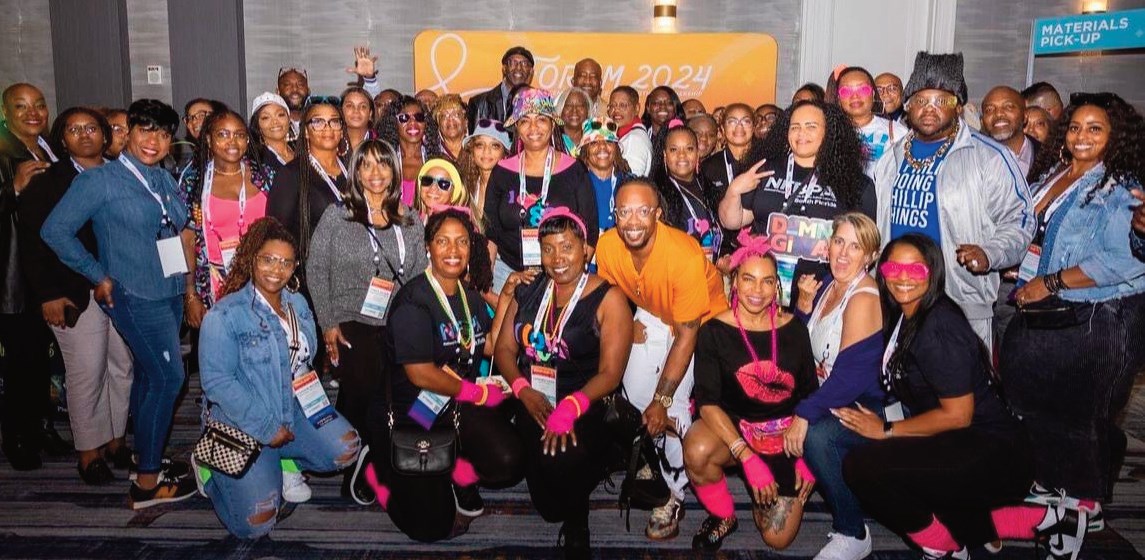
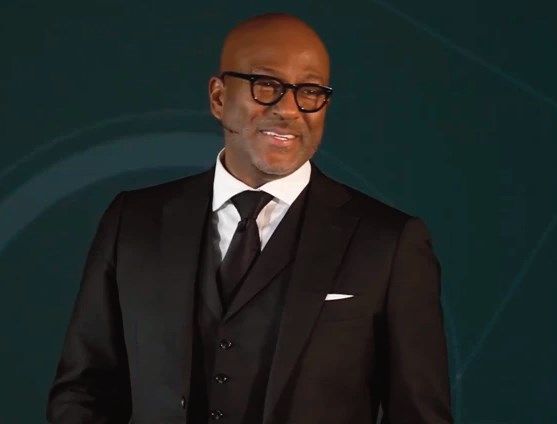
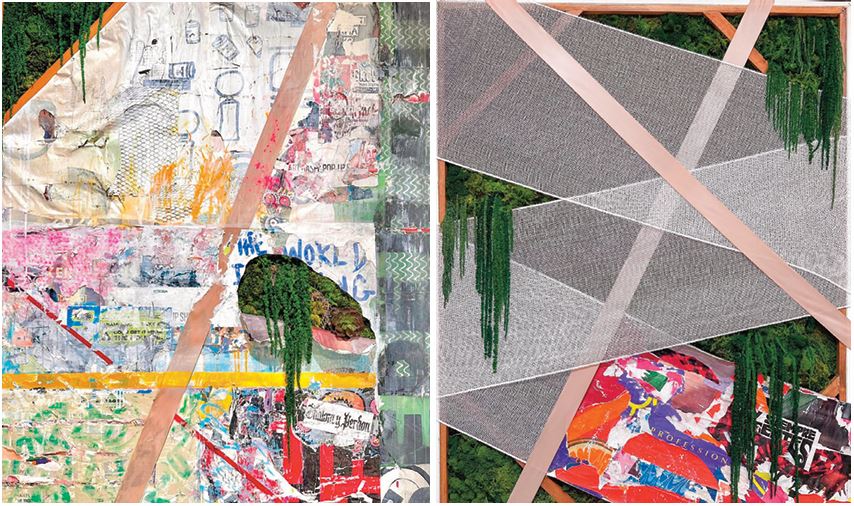



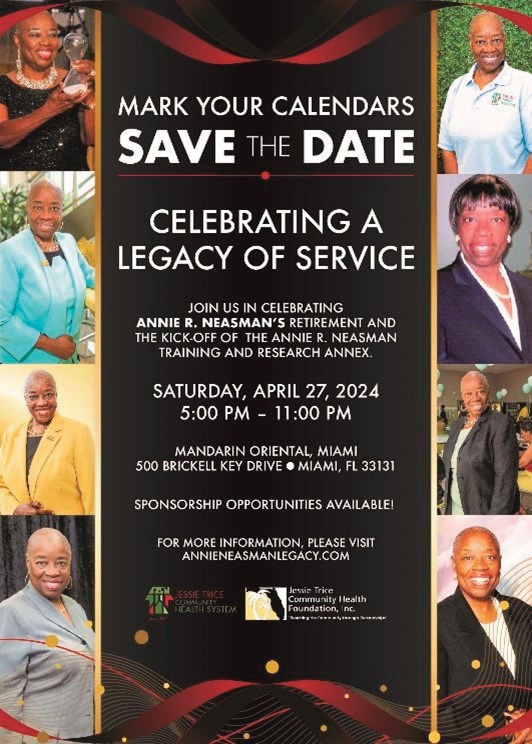
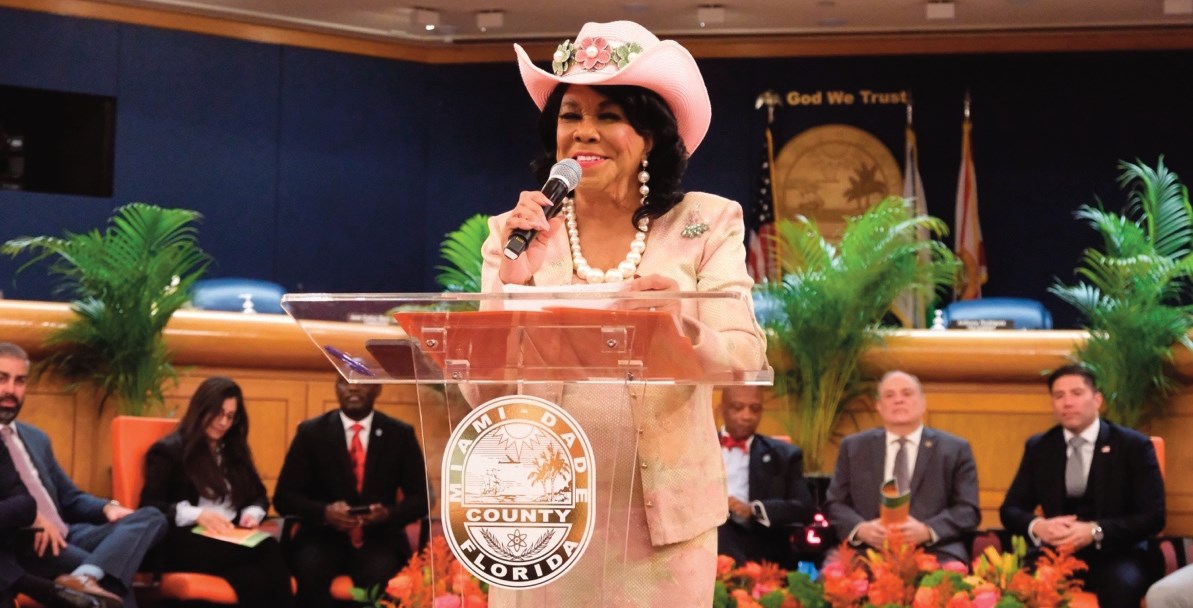



No Comment